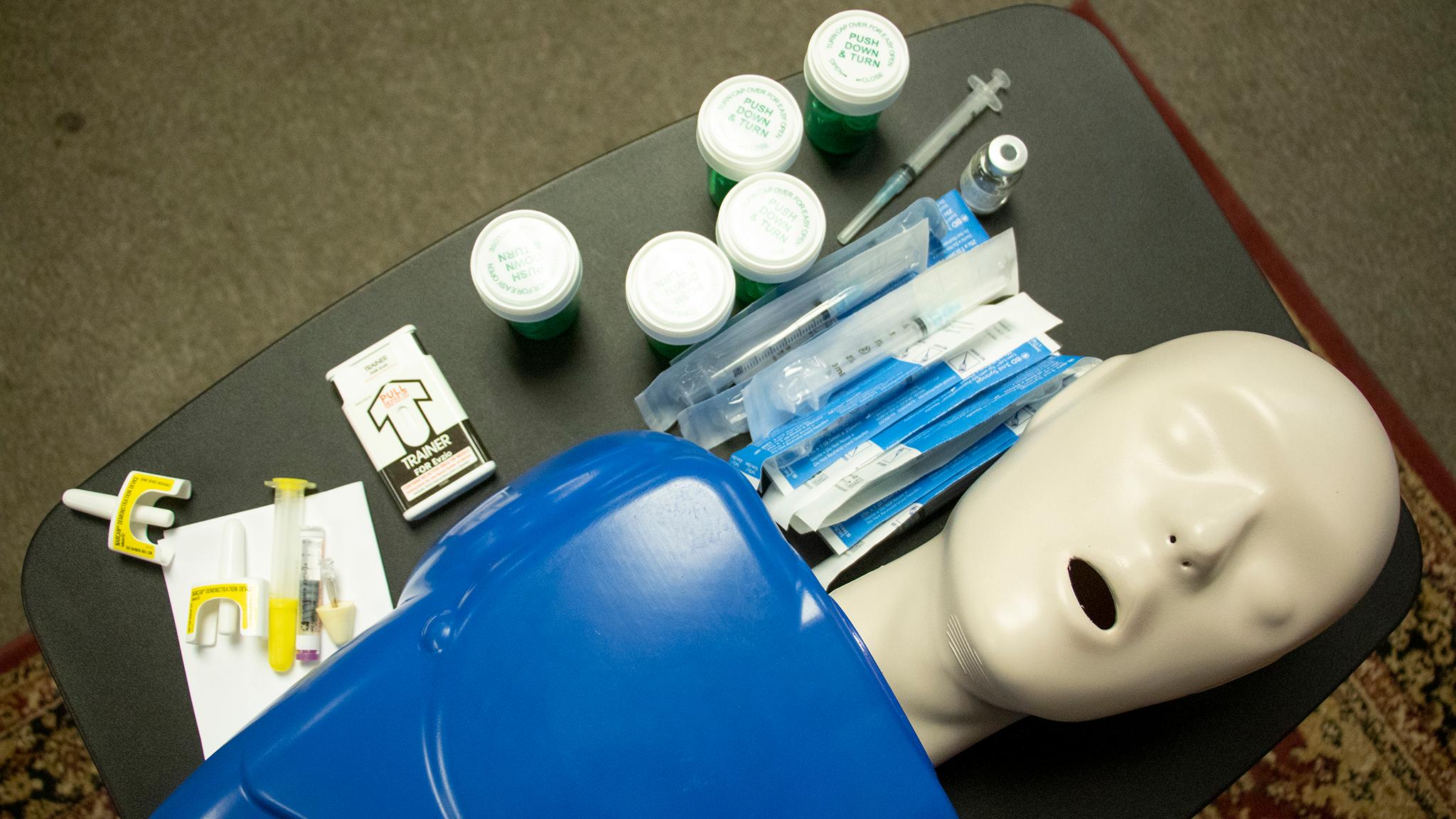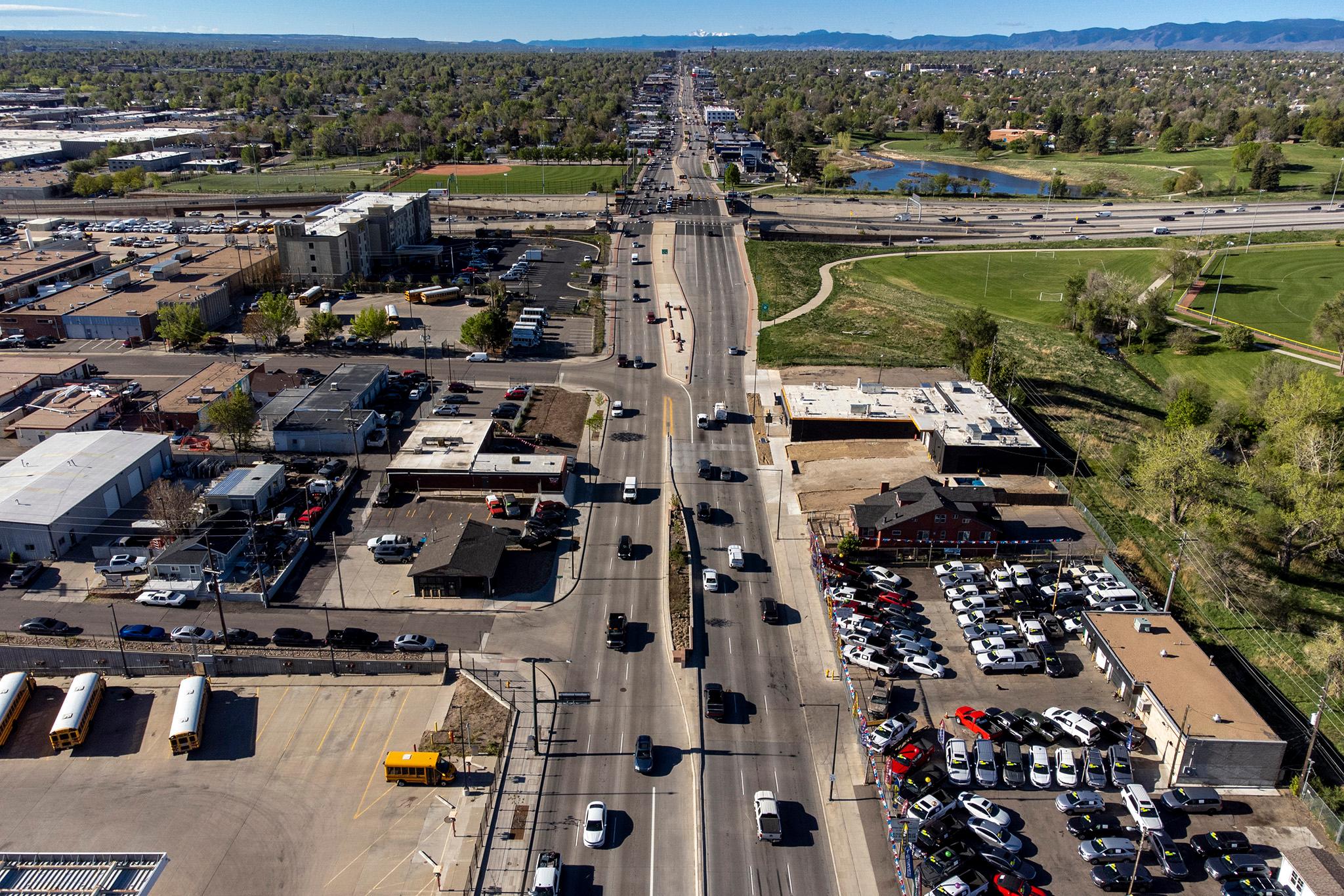Denver is joining municipalities across the country in asking a federal judge to allow a new approach to a potential settlement for a lawsuit filed by hundreds of municipalities against pharmaceutical companies for their role in the opioid crisis.
A release from the City Attorney's Office on Friday said Denver was one of 39 other cities and counties to lead the negotiations. They jointly filed a 67-page motion to the U.S. District Court in Cleveland.
Denver City Attorney spokesperson Ryan Luby said this motion is asking U.S. District Judge Dan Polster -- who is overseeing the consolidated lawsuits known as the National Prescription Opiate Litigation -- to create a new mechanism that basically allows settlement negotiations to begin at the start of the court proceedings instead of towards the end of them, which is more typical.
Denver Assistant City Attorney Reneé A. Goble is managing the city's involvement in the litigation. In Friday's release, Goble said the typical class settlement negotiations can leave some feeling voiceless.
"In this case, because cities and counties will be able to quantify the damage opioids have done, it makes sense to present those needs and costs early in the settlement process rather than later," Goble said in the release. "Also, through this negotiating class all of the stakeholders will be included at the outset, and this will give the defendants a sense that they can achieve 'global peace,' which will make resolution more likely."
Allocating the funds from a potential settlement would be completed by a county-by-county basis, according to the release, which said it would use federal data and use three factors including:
- The amount of opioids distributed within the county
- The number of opioid deaths in the county
- The number of people with opioid use disorder in the county
Luby said the motion lays out a detailed process outlining how each city or county involved in the lawsuit would receive their piece of a potential monetary settlement.
Denver is one of 1,800 cities and counties who had previously filed individual lawsuits alleging drug manufacturers like Purdue Pharma, makers of OxyContin, aggressively pushed prescription drugs into the market and downplayed their risks. The city filed its suit in January. The lawsuits also seek a change in practices.
"I applaud our City Attorney's Office in supporting this creative, unprecedented legal request," Mayor Michael Hancock said in a statement Friday. "Denver and cities across the country are bearing the economic burden of prescription opioid abuse, and these dollars will go a long way toward ending the needless suffering of our residents who are losing loved ones to this crisis."
Last year, Denver had a record number of fatal drug overdoses while those numbers dipped statewide. Figures provided by the Denver Office of the Medical Examiner showed 209 people died of drug-related causes in 2018, up from 201 in 2017. The figure includes deaths from opioids like morphine, heroin and oxycodone.
The latest data from the Office of the Medical Examiner shows 1,177 people have died from opioid-related overdoses in Denver between 2008 and 2018.
Denver has taken several steps to address the crisis locally, including installing mailbox-sized needle disposal kiosks, making naloxone more accessible, providing grant money to community organizations for medication and creating a pilot program creating a 24-hour intake site for users interested in beginning medication-assisted treatment. The city has an Opioid Response Strategic Plan, which was released last year.












